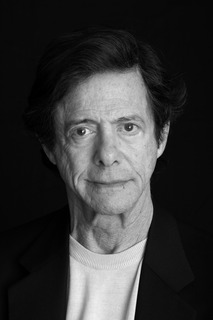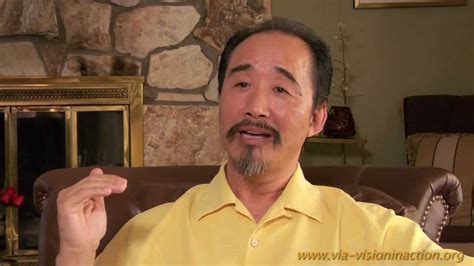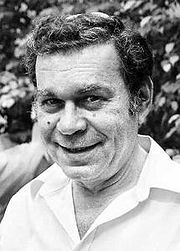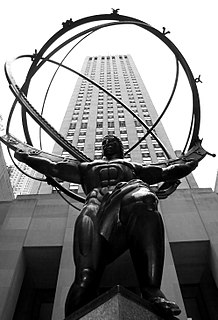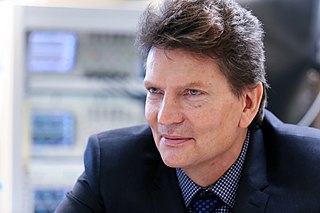A Quote by Leonard Peikoff
Ayn Rand held that art is a 're-creation of reality according to an artist's metaphysical value-judgements.' By its nature, therefore, a novel (like a statue or a symphony) does not require or tolerate an explanatory preface; it is a self-contained universe, aloof from commentary, beckoning the reader to enter, perceive, respond.
Related Quotes
Business is a creative and therefore spiritual endeavor. Great entrepreneurs enter the field of business in the same way great artists enter the field of art. With their business creation, entrepreneurs express their spiritual desire for self-realization, evolutionary passion for self- fulfillment, and creative vision of a new world. The entrepreneur's business is their artwork. The creation of business is as creative as any creation in art. In fact, building a business may be the most creative human activity.
No longer can we consider what the artist does to be a self-contained activity, mysteriously inspired from above, unrelated and unrelatable to other human activities. Instead, we recognize the exalted kind of seeing that leads to the creation of great art as an outgrowth of the humbler and more common activity of the eyes in everyday life. Just as the prosaic search for information is "artistic" because it involves giving and finding shape and meaning, so the artist's conceiving is an instrument of life, a refined way of understanding who and where we are.
Whether or not you agree with Ayn Rand - and I have certain issues with some of her beliefs - the woman can tell a story. I mean, the novel as an art form is just in full florid bloom in 'Atlas Shrugged.' It's an unbelievable story. The characters are so compelling, and what she's saying is mind-expanding.
And when you look at the twentieth-century experiment with collectivism-that Ayn Rand, more than anybody else, did such a good job of articulating the pitfalls of statism and collectivism-you can't find another thinker or writer who did a better job of describing and laying out the moral case for capitalism than Ayn Rand.
